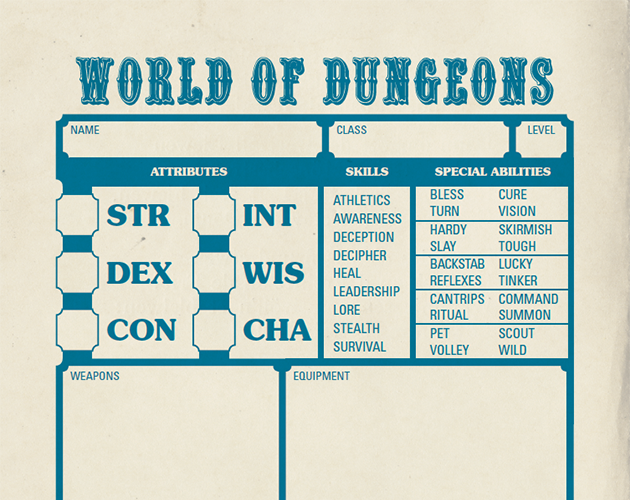AbdulAlhazred
Legend
I see the logical shape of your argument, but actual experience in the real world of game play trumps theory every time. I mean, if you have a GM who cannot make a Basilisk encounter and an Ankheg encounter seem materially different, then I'm guessing they're having a lot of other problems too. I guess DMing 5e might work better for that person, I'm not sure, but most of the people I've played with could handle this. As I said before, this is no less info than we had to go on in OD&D in 1975, and we didn't even have Internet or years of stored up D&D lore to go to. I forget now what creature it was, but there was one monster that I had totally no idea what it was, and my idea of it was UTTERLY different from Gary's until finally one day it got drawn in some module I looked at, and then I was like "hmmm, OK, that's different."No, I understood that, but these are the exact same rules the DM can use for everything else, so the basilisk is not really any different from anything else. It is a set of 4 or so moves that flavors a little bit as a basilisk one time, and as an ankheg the next time, but ultimately it makes next to no difference which monster name the DM picks for the flavor.
I guess I'm just completely used to it as the normal state of affairs. You get a game book, and it suggests some things, and you kinda turn that into something in play using your imagination. Even today I still find these highly canonical books of game stuff a little confining. Granted, even 1e started doing it.To me this approach just lacks something, call it what you want, crunch, being grounded, an appearance of there being more than just whatever the group makes up on the fly. You can argue that in other games stuff is also just made up and I agree, but to me PbtA removes the fourth wall and exposes this in a way that traditional games do not.
Oh, I don't agree. Now, maybe I do find some of them to be tediously long, but I think every page of DW, for example, is actually valuable.I'd go so far as to say that I do not see why PbtA games should be more than two or so pages, Just define how to interpret the 2d6 result, specify the moves for players and GMs, and leave it at that. If you already know how these games work, it should not take more.




